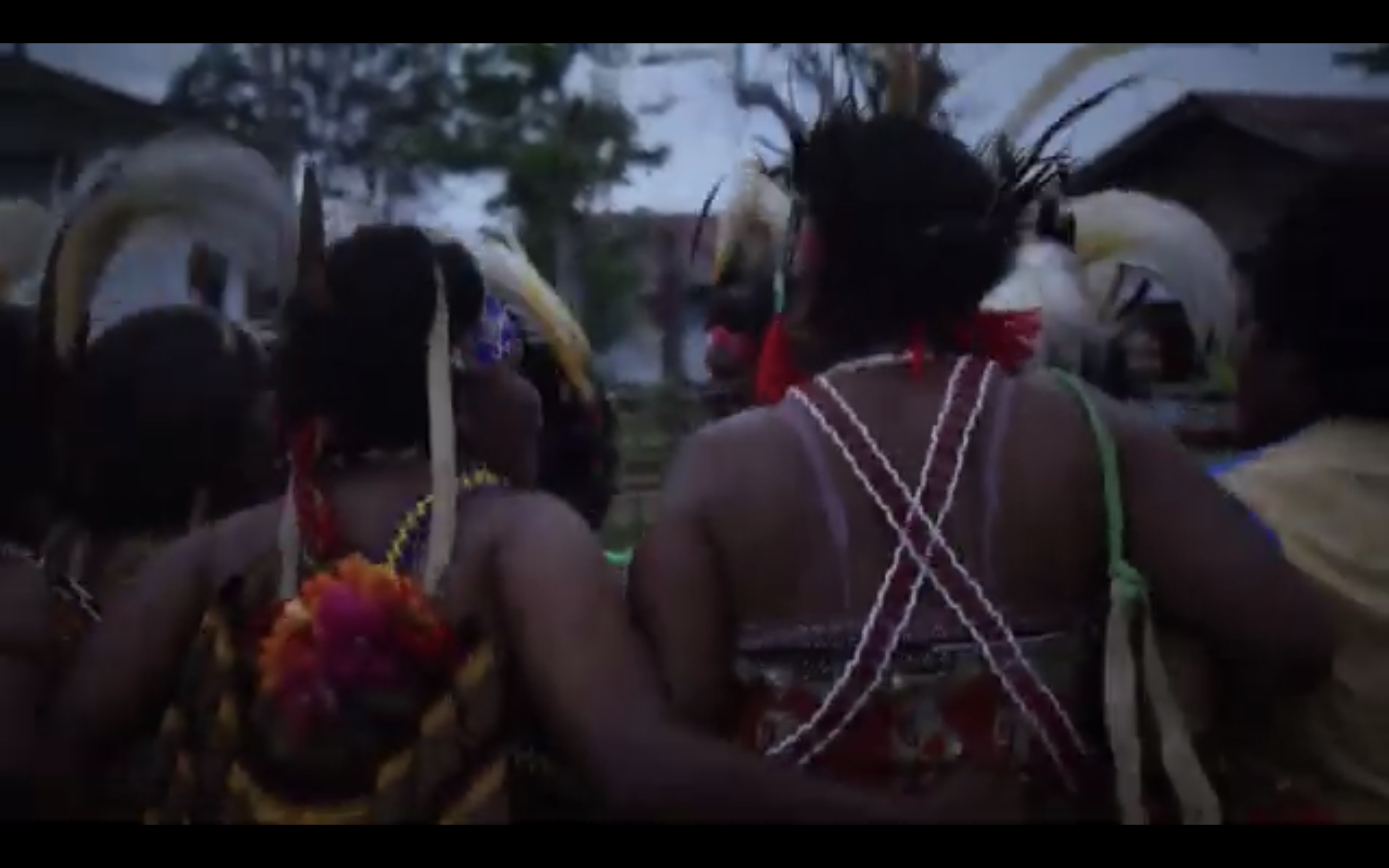As Indonesia’s economic growth plunges towards rock-bottom — its worst performance in two decades — we must give pause to the model we have pursued relentlessly. The pandemic has shown us that the planet (and our islands) can no longer sustain our consumerist model of development. Where short-term monetary gain trumps locally-driven, sustainable and circular economic systems. Indonesia’s addiction to economic growth has led to the destruction of our natural resources and has pushed indigenous communities to the brink of extinction.
Such is the case raised by the indigenous women of Mpur, Kebar Valley, West Papua Province. Ten of thousands of hectares of land and forest have been forcibly taken by a palm oil company, PT. BAPP. Unfortunately, the plight of these women is not uncommon. Based on records of Pusaka, an NGO working on environmental rights in Papua, between 1997-2017 more than 1.5 million hectares of customary forests in Papua have been transferred to 62 companies.
Together with the Papuan Women’s Working Group (PWG), AJAR has conducted participatory research to capture the perspectives of indigenous women on natural resource conflict. As we commemorate the #IndigenousPeoplesDay we must listen to the voices of indigenous women. They are asking us — why destroy a way of life that is balanced when the model that is being forced on them is clearly broken?

